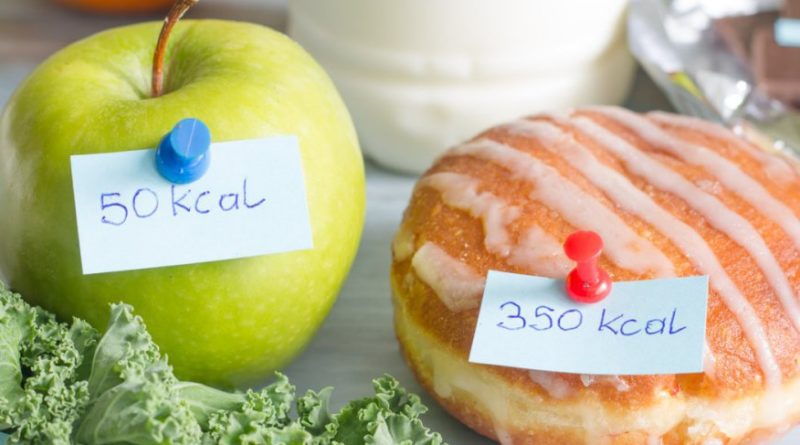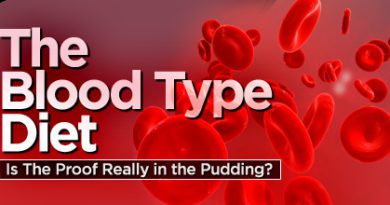Calorie Cycling: A Worthwhile Diet Plan or Overhyped Fad?
You may have heard of weight loss diets that only allow you to eat a certain number of calories per day. They might say you can only eat 1,200 calories per day or only eat [fill in the blank with a number here] calories per day. These diets are popular because they deliver results. That said, it can be hard to stick to things that require you to count calories all the time. This is where the idea of “calorie cycling” comes in. But what exactly is calorie cycling?
There are numerous ways to plan your nutrition in order to promote weight loss and fat loss. Some people go on every diet they find on the internet or the new hyped-up fad diet their friends are using, desperate to find one that will work for them. However, there is something much more straightforward when it comes to weight loss, and that is calorie cycling. This is an effective way of tricking your body into thinking it is going through different “diets” each week, thus potentially leading you to lose more weight.
Disclaimer: This article is for informational purposes only and is not meant to treat or diagnose any condition. It is recommended that you speak with your doctor before starting any exercise program, changing your daily nutrition, or adding any supplements to your regimen.
Table of contents

What is Calorie Cycling?
Calorie cycling is a way of eating that can help to keep your metabolism revved up and your weight down. While there are many different types of calorie cycling diets roaming around out on the internet, they all have one thing in common — they alternate between higher and lower calorie days. The idea behind this type of diet is to keep your metabolism “guessing” so that it doesn’t get used to eating fewer calories than you need.
The Difference Between Calorie Cycling and Intermittent Fasting
Many people think that calorie cycling is just another name for intermittent fasting, but the two are actually quite different. While both involve eating fewer calories than most diets recommend, intermittent fasting only requires that you fast one day per week (utilizing that specific type of intermittent fasting protocol since there are various types). In contrast, calorie cycling requires eating fewer calories on some days of the week and more on others.
There are several different ways to go about this. Still, the basic idea is that on high-calorie days, you will be eating anywhere from 300 to 500 calories above your daily maintenance level (which will be different for everyone). On low-calorie days, you will be consuming anywhere from 300 to 500 calories below your daily maintenance level.

The Benefits of Calorie Cycling
The benefits of calorie cycling are the same as you would get from any weight loss plan, but the results can be even better. You don’t have to constantly be lowering your calories to see results, and you don’t have to eat tasteless food just to keep your calories under your maintenance every day. As long as you are cycling your calories, you have (somewhat) free reign to eat what you want, when you want it.
That said, you clearly don’t want to go on an all-out binge on the days that your calories are higher than your maintenance, or you risk actually gaining weight when you’re trying to lose it.
Click here to continue reading…


*Disclosure: This article may contain affiliate links or ads, which means we earn a small commission at no extra cost to you if you make a purchase through these links. These commissions help support the operation and maintenance of our website, allowing us to continue producing free valuable content. Your support is genuinely appreciated, whether you choose to use our links or not. Thank you for being a part of our community and enjoying our content.
PLEASE CONSIDER SHARING THIS ON YOUR SOCIAL MEDIA TO HELP OTHERS LEARN MORE ABOUT THIS TOPIC.





